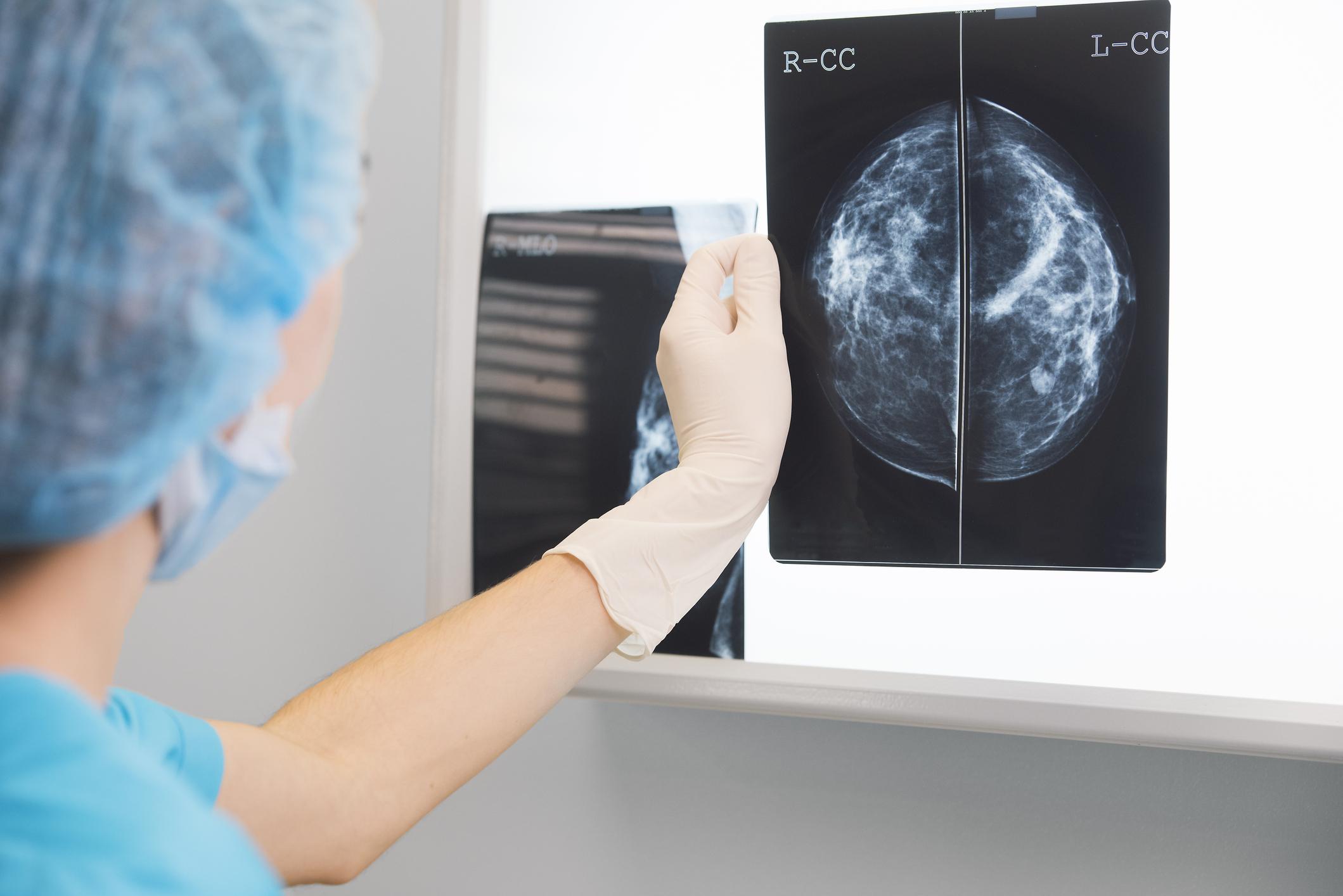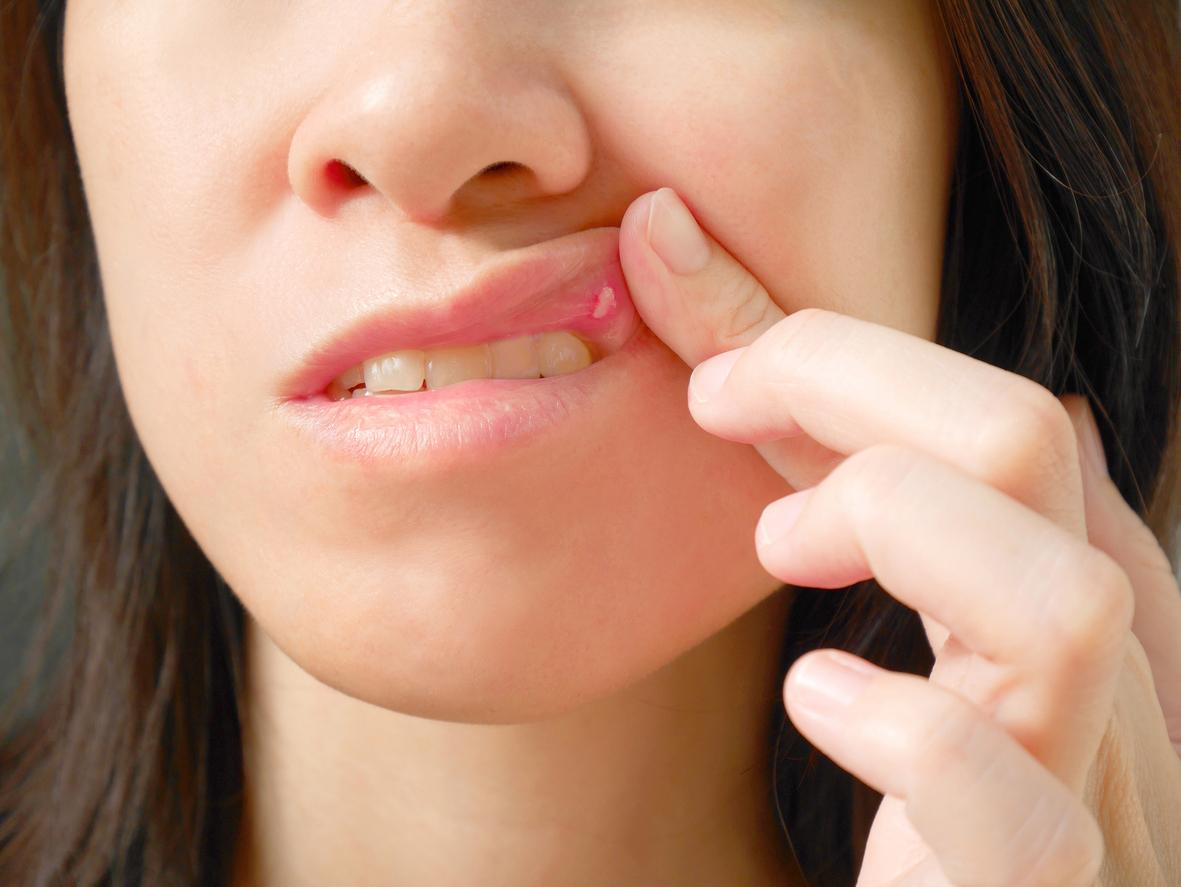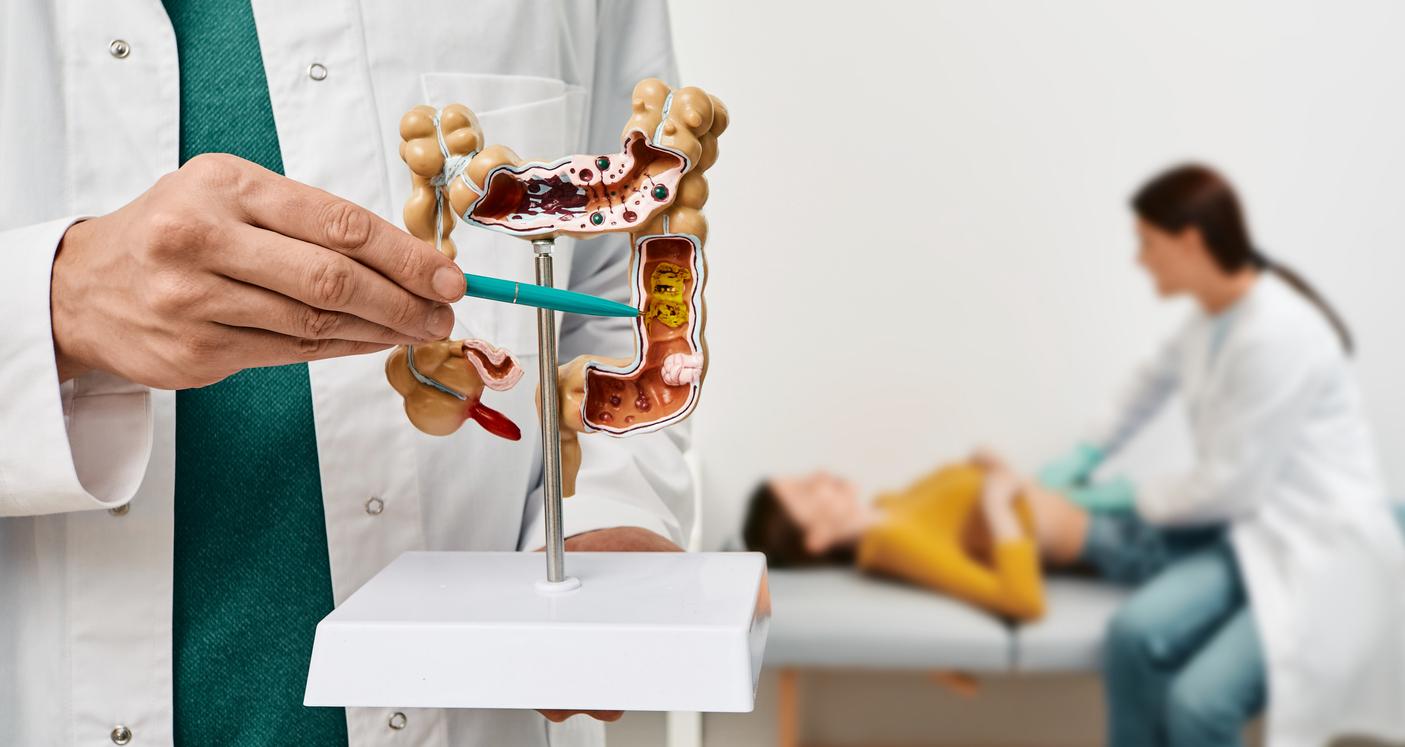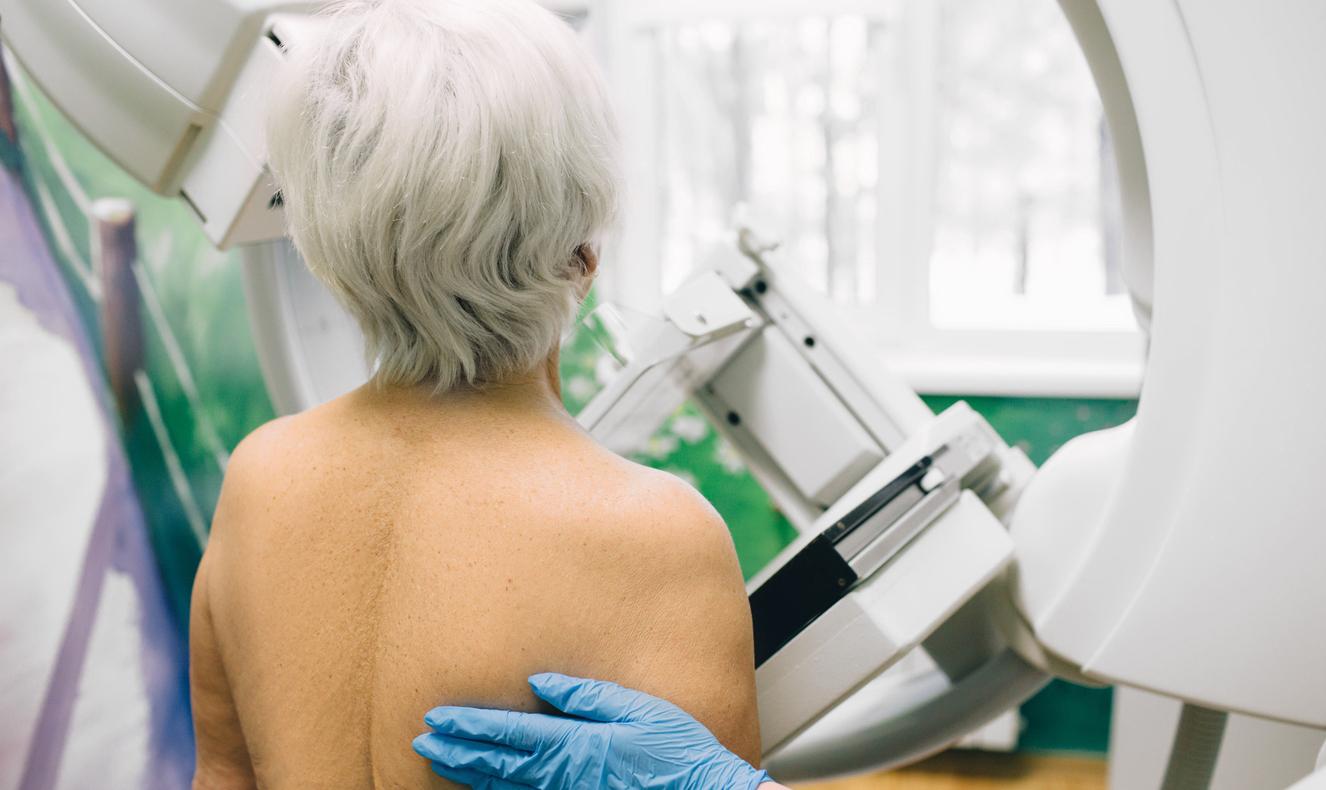Following the diagnosis of her breast cancer, Caroline Receveur is currently undergoing hormone therapy.

- Following her breast cancer, Caroline Receveur is currently undergoing hormone therapy.
- “The most complicated thing is the joint pain linked to hormone therapy. I feel like I’m 85 years old when I wake up in the morning. I really hurt everywhere,” she says on Instagram.
- Hormone therapy is a treatment that involves preventing the stimulating action of female hormones on cancer cells.
Yesterday, Wednesday February 7, Caroline Receveur gave her news on Instagram. Officially in remission from her breast cancer, the influencer from the reality TV industry still has to follow treatment protocols.
Breast cancer: “the most complicated is the pain linked to hormone therapy”
“Woke up at 5 a.m. this morning and the night was not at all restful. Sleep is still a little disturbed after immunotherapy,” she says.
“The most complicated thing is the joint pain linked to hormone therapy. I feel like I’m 85 when I wake up in the morning. I really hurt everywhere”continues Caroline Receveur.
“Fortunately, as the day goes by, the pain diminishes and sport helps me enormously to release tension. My oncologist recommended acupuncture (which I did a lot during my chemo treatment and which I have since stopped) . So I’m going to take a few sessions again”, she also explains.
After undergoing a painful mastectomy last November, the young mother of a 5-year-old boy recently announced that she was in remission. “I was talking with Doctor Wissam and he told me something that no one had ever told me officially: I am cancer free,” she posted some time ago on social media.
Cancer treatment: there are two types of hormone therapy
Some breast tumors are hormone sensitive, meaning that female hormones (estrogen/progesterone), naturally produced by the body, stimulate their growth. “Hormonotherapy is a treatment which consists of preventing the stimulating action of female hormones on cancer cells”, explains the National Cancer Institute.
There are two types of hormone therapy:
– medicinal treatments, which act throughout the body on all cells sensitive to hormones. We then speak of “systemic care”;
– non-drug treatments, which consist of stopping the production of estrogens by the ovaries by removing them through surgery (oophorectomy) or by irradiating them (radiotherapy).
Every year, more than 50,000 women develop breast cancer in France. Among them, more than 80% will live beyond 10 years after their illness thanks to medical and scientific progress.
However, the treatments administered often generate toxicities in the more or less long term. After breast cancer, patients may face difficulties in their daily life: change in body image, pain, fatigue, chronic motor function disorders, urinary problems, psychological consequences, etc.


















